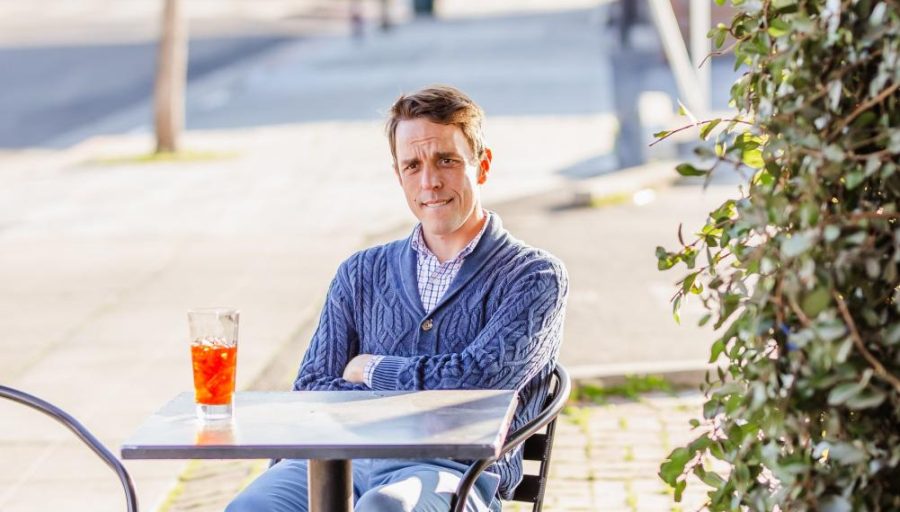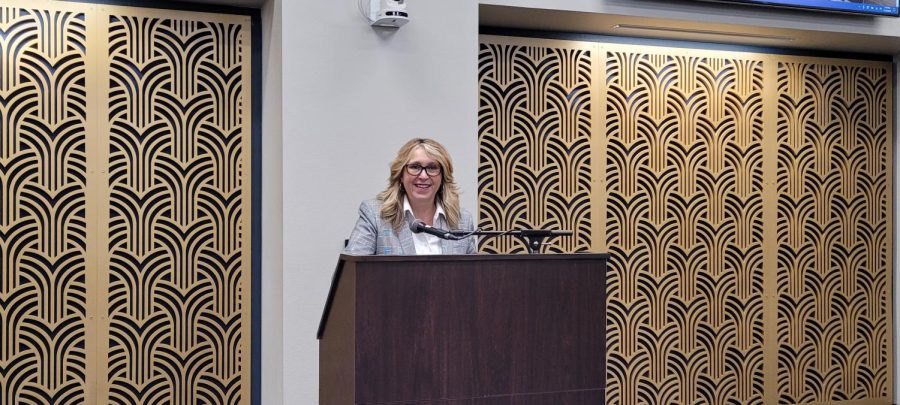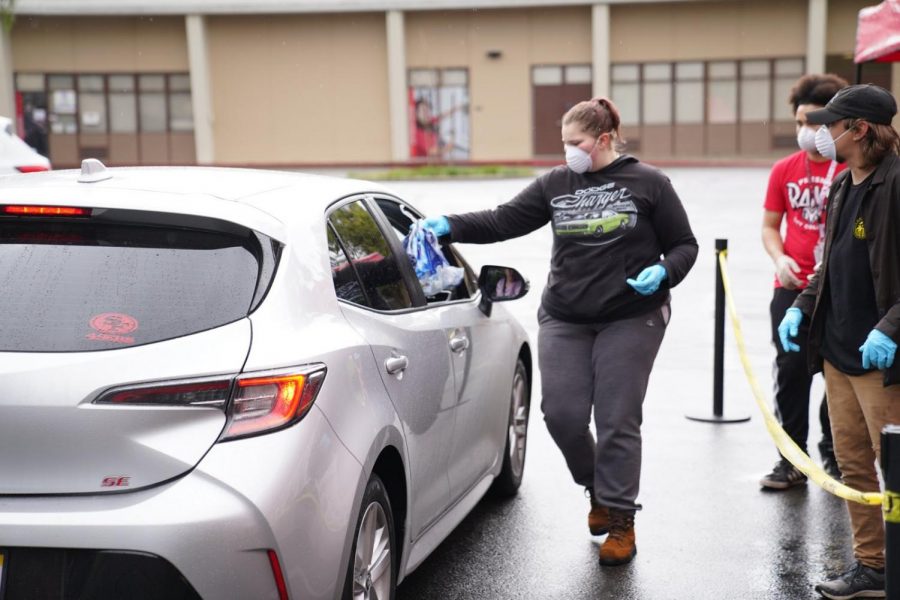When Nancy Holmes went to bed on Oct. 22, she expected to wake up in her bed among her belongings and in the place she has called home for eight months.
On Oct. 23, Holmes was woken up by the drowning sounds of a bulldozer, razing the tents around her. By the end of that morning, Holmes and more than 30 others had lost their homes, an encampment located near Palm and H Street.
“I feel at a total loss,” said Holmes. “I don’t understand it. I mean we were a good camp. We didn’t have a lot of police action.”
The Wednesday morning clean-up was a part of an action plan that the city announced in July.
The City of Fresno press release entitled, “City of Fresno To Clear Encampments as Part of Collaborative Effort,” states that, “City of Fresno officials today announced plans to clear a number of illegal structures as part of a collaborative, community-wide effort focused on strategies to prevent and end homelessness. The City’s enforcement efforts will better allow existing service providers to care for Fresno’s most vulnerable individuals.”
The displaced residents maintain that the city is creating more problems than it can ever solve, exacerbating the homeless problem rather than contributing toward a solution.
“The city needs to come up with a better solution. The homeless aren’t going to go away. In fact, it’s going to increase as the economy goes down,” said Terry Welch, a resident at the camp. “They say it’s on the upswing, but we don’t see how. There’s no jobs for people like me.”
According to a 2011 headcount, 5,100 men, women and children are homeless in Fresno County. The homeless are diverse in age and race and most of them have been without homes for many years.
“What we’re dealing with today is unhuman,” said Dr. Floyd D. Harris, the international president of the National Network in Action civil rights group. “Where [are] they [going to] go? … we’ve got children out here, we’ve got elderly out here, we’ve got mothers out here, [and] we’ve got animals out here.”
This is the fourth encampment torn down in Fresno since the decision to do so in July. Complicating the issue of how to best resolve the homeless problem is the debate on whether the displaced are to be pitied or vilified, helped or scorned, absorbed into society or marginalized and whether they are victims or criminals.
Fresno Police Chief Jerry Dyer stated in the City’s press release announcing the demolition, “There is a misperception that people at the encampments are simply folks who are down on their luck … the reality is that gang members and other criminals have moved there and are taking advantage of the people who are truly homeless.”
But to the residents of this camp and their supporters helping them on Wednesday morning, these people were the ones who’ve just suffered one too many misfortunes.
Before she became homeless, Holmes worked in security. She earned enough to cover her rent and other bills. She had friends and did things that society deems “normal.” Then, her problems started, and before she knew it, she saw her life spiralling out of control. She lost her job, then her home, and her life until she became part of a different kind of community in the homeless encampment in downtown Fresno.
Other displaced individuals tell similar stories of lives that seemed promising, of normalcy and family, friends and dignity.
“I don’t have anywhere to go. I’ve got nothing to do,” said Terry Welch, “Everybody is just a paycheck or two away from disaster,I don’t know anybody with a large amount of cash reserve in the bank. I mean I had at one time but it wasn’t enough to protect me. I’ve gone through several misfortunes.”
According to the residents of this camp, the increase of perpetrators has only been recent.
“That was one of the benefits having an area like this,” said Welch. “We could keep the bad elements out. The trouble makers, the bad people, pretty much got the idea, safety in numbers. We were able to keep them moving on.”
“They kept it cool around here,” said Richard Schmidt, a member of a local church who’d often visit the camp. “The crime in this area was low. The police even said ‘we’ve got no problem here.’ Until now, I guess. Well, some new elements came in and stuff like that, and [the homeless new to the camp are] a little bit more on the perpetrator side than the victim side.”
Welch went onto explain that over the last 6 to 8 months the camp grew quite a bit and that was probably related to the earlier clean-ups done by the city.
The resounding concern throughout the camp was that this community of people who have suffered loss but now help each other, would be broken up.
“Here they had a community,” said Nancy Waidtlow a member of the Fresno Homeless Advocates. “They could go and do something somewhere else now and then, you know, [because] they trusted the people that were here to watch their stuff.”
Holmes is not satisfied with the solution that the City has for the displaced residents of the encampment, which consists of staying in shelters.
“If I’m in line at 4 o’clock I’d get a bed, and they lock you in at 4 o’clock and then at 7 o’clock in the morning with all your belongings you’re kicked back out to roam around all day until you [want to] get back in line at 4 o’clock,” Holmes said. “I can’t do that, and I have my little cat, she’s been with me for two years.”
Eleven days before the cleanup, residents received a notice stating that, “On Wednesday October 23, 2013, at 7 a.m. the City of Fresno will conduct a clean-up of the area, including the removal of all individuals, personal property, temporary shelters, junk and/ or garbage from this area.”
Once the 11 days had passed, the residents of this camp weren’t ready to leave, and the majority of them had nowhere to go.
Jim Betts, an attorney for the city states that, “The only thing that’s being accomplished today is that this area is being cleaned up. So the policy discussions are made at city hall, who has been in communication with the residents. Those are issues we’re not dealing with out here today, our issues out here today is to deal with everybody with respect, to make sure that if anybody has personal property of value that it doesn’t get thrown away, that they have a chance to remove it if they can.”
The residents packed up their belongings and made as many plans for the future as they could.
“I don’t know what I’m going to do,” said Holmes. “Last summer I collapsed three times out here, with the heat, from my heart … I just don’t know what to do, or what to say. If it hadn’t been for Cinnamon, and Laurie, and Chewy and everybody helping us, I would have perished right there on that carpet.”

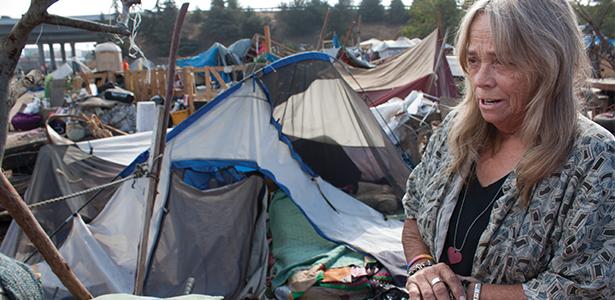

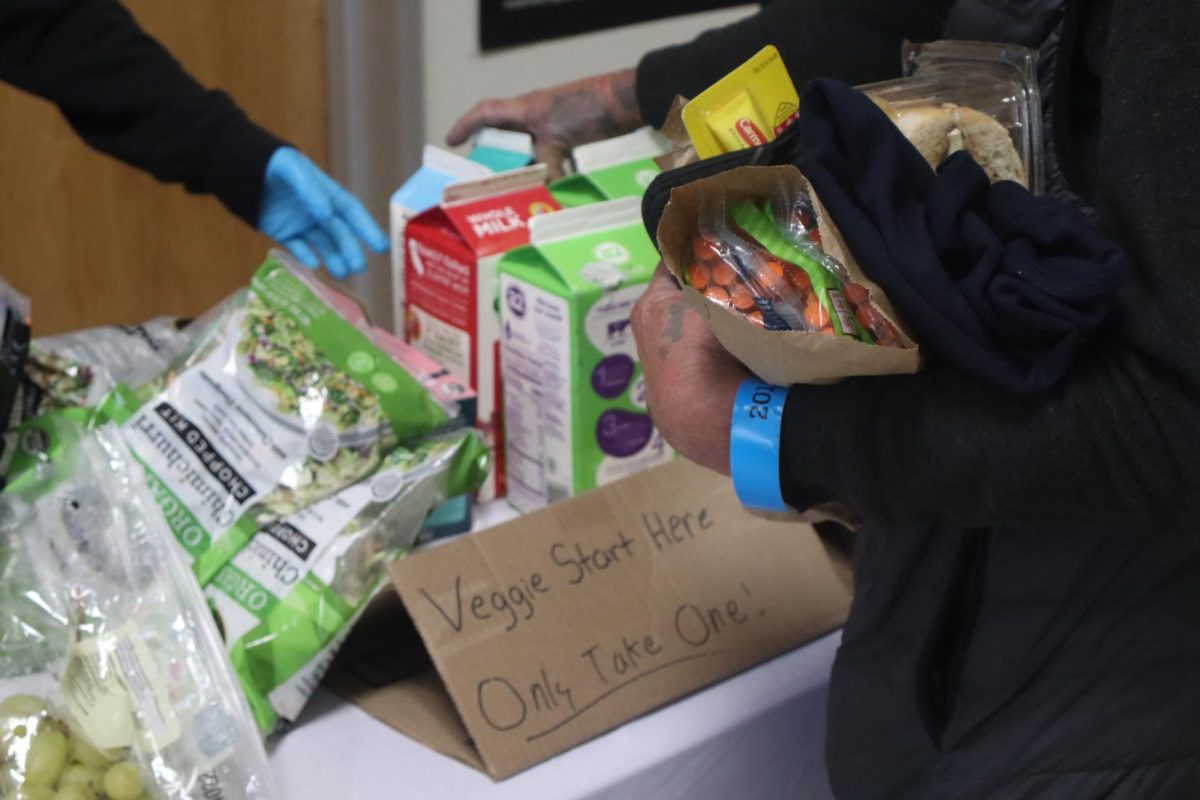
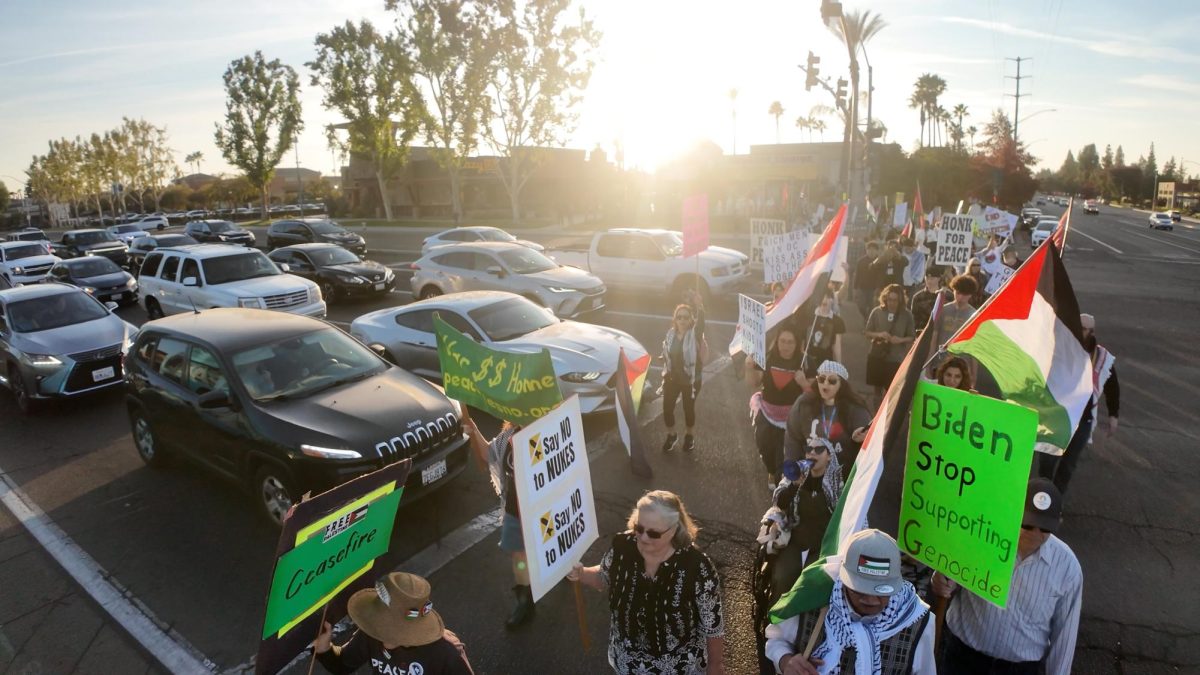


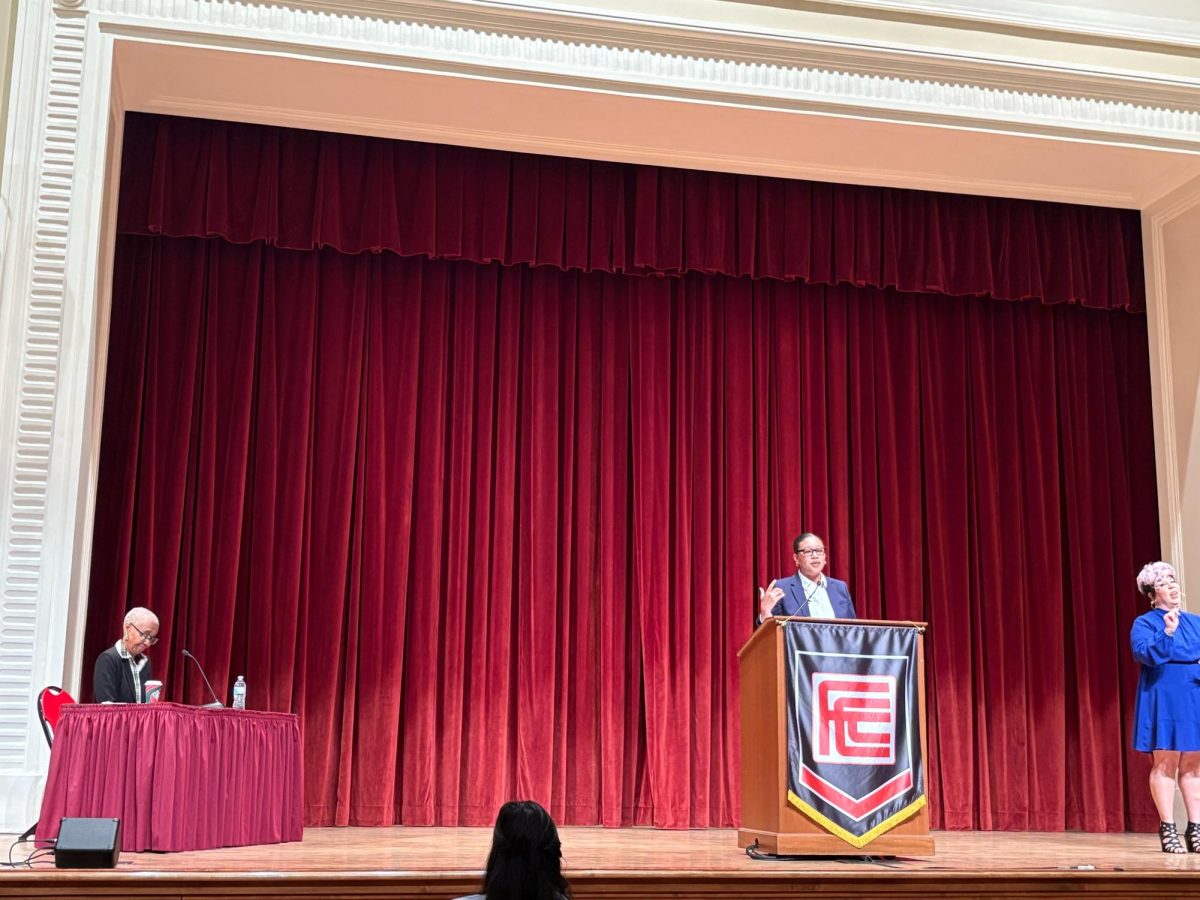
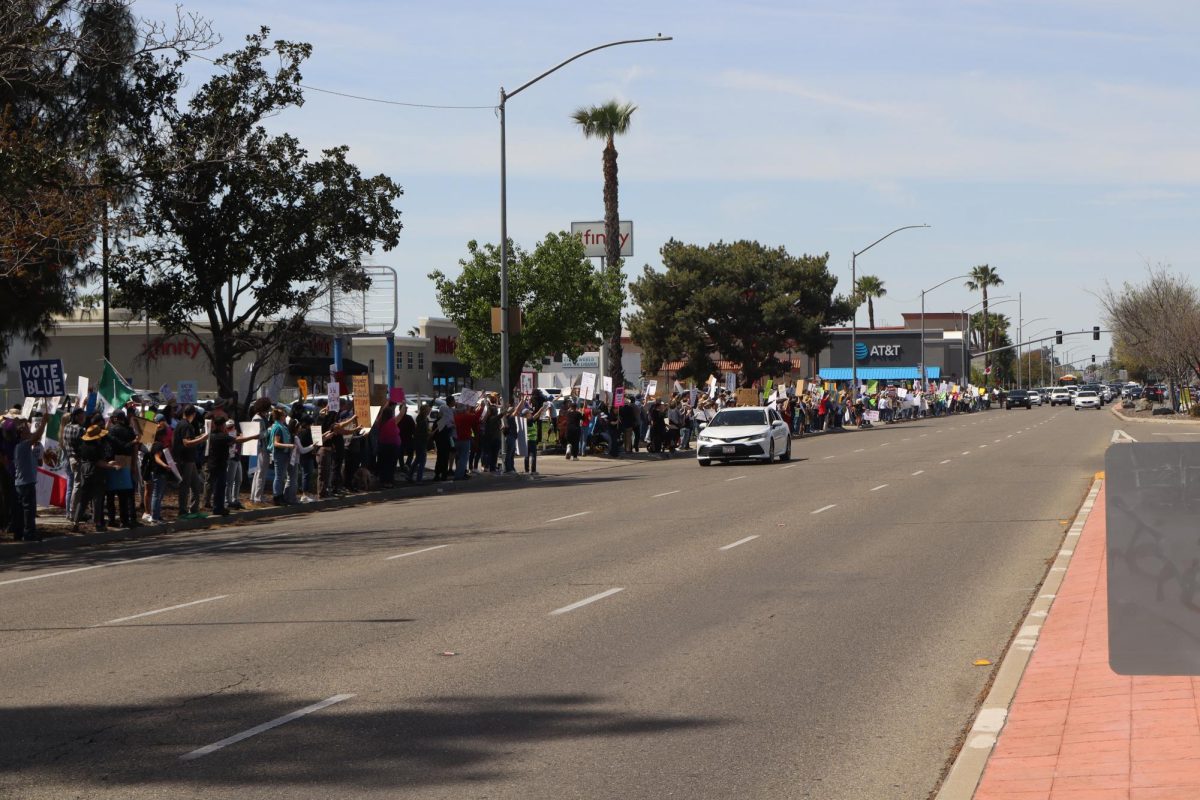


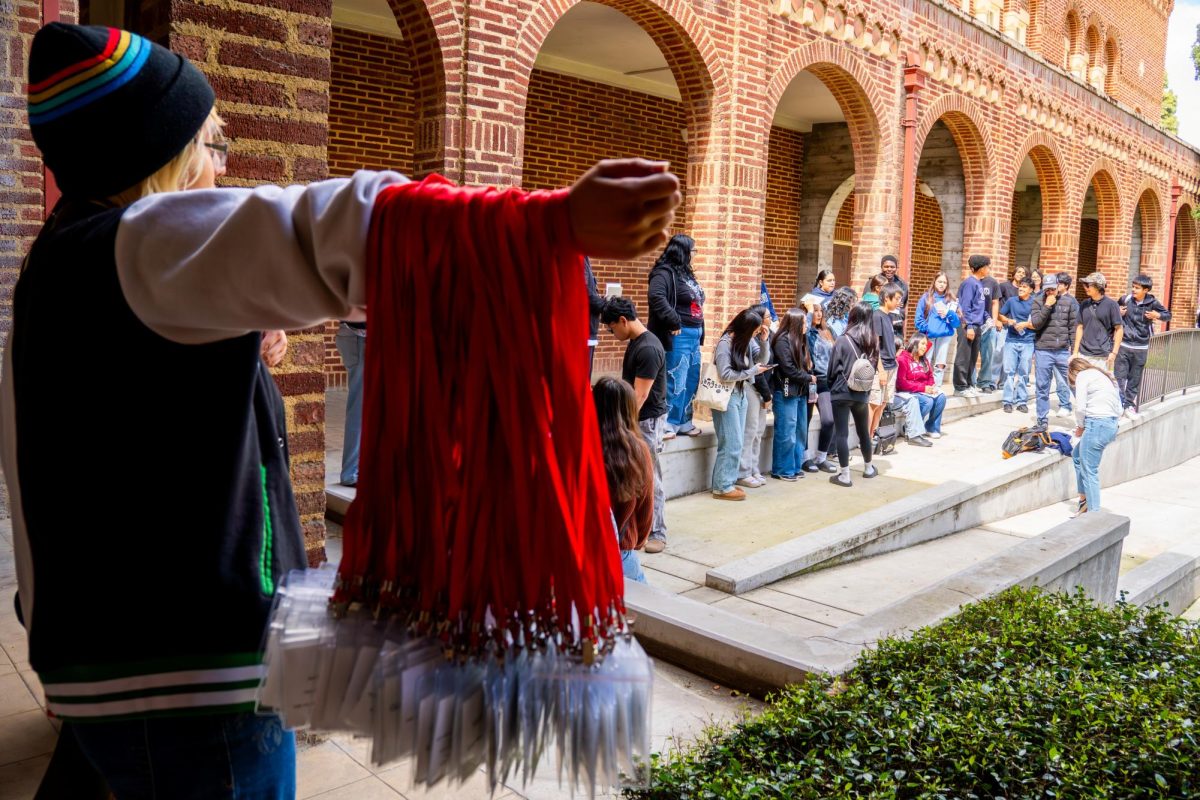
![[File Photo] On Wednesday, Feb. 19 Ed Madec coached what could be his final game as the Ram's head coach against the Reedley Tigers. Madec is currently under investigation for possible violations of CCCAA regulations.](https://www.therampageonline.com/wp-content/uploads/2020/03/Madec-900x600.jpg)

